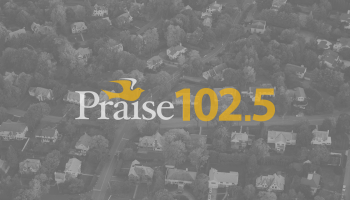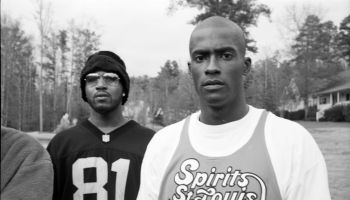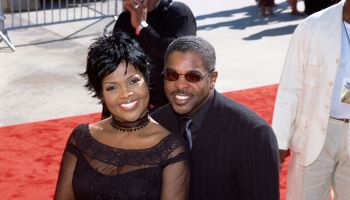From the New York Times:
ARMAGH, Northern Ireland — As the sexual abuse scandal sweeps through the Roman Catholic Church in Europe and the United States, there are few places where dismay and confusion among worshipers strikes as deep a chord as here in Armagh, seat of the embattled cardinal whose fate has become closely entangled with the widening controversy facing Pope Benedict XVI.
As they have for centuries, townspeople turned out in the hundreds this weekend for Palm Sunday Masses in the twin-spired cathedral that looks down on the city, where St. Patrick established his first church in Ireland more than 1,500 years ago.
But judging by the responses of those leaving the Masses, trust in church leaders has been profoundly battered by a succession of revelations that the church hierarchy often failed to take strong action against the abuse in its ranks, and sometimes sought to cover up the problem.
“It is sickening, quite sickening,” said Eamon Gorman, 62, who works for a pharmaceutical company here.
“We deserve better from the church hierarchy,” he added. “If they want to save the situation, they have to come out with the details, all the details, right now.”
The unsettling mix of frustration and dedication among worshipers was equally palpable in St. Peter’s Square as the pope opened Holy Week by celebrating Palm Sunday Mass.
The pope did not directly mention the scandal, or his own role in it, but he made apparent references to the attention the crisis has garnered, saying that Jesus “leads us toward the courage not to be intimidated by the gossip of dominant opinion.”
Benedict also prayed for “the young and those charged with protecting them,” a seeming reference to the crisis engulfing the church.
“How does the church excuse itself after all this?” Mariana Ribeiro, 26, a Brazilian who lives in California, said in St. Peter’s Square while clergy in white, red and pink vestments marched in solemn procession.
The sexual abuse scandal has been particularly unnerving to Catholics in Ireland, where Cardinal Sean Brady, the 70-year-old head of the church in Ireland and archbishop of Armagh, is facing widespread demands for his resignation. The calls stem from court documents showing that as a youthful priest 35 years ago, he had two boys sign papers promising not to tell anybody outside of a secret church inquiry — not the police, not their own families, not even by a silent wink, according to the covenant the boys were asked to sign — about their abuse allegations against an Irish priest.
The inquiry had the effect of shielding and prolonging the career of a priest who was exposed 15 years later as the most notorious child-abuser in the history of the Irish church.
In recent days, it has become clear that top Vatican officials — including the pope himself, while he was still Cardinal Joseph Ratzinger — did not defrock a priest who molested scores of deaf boys in the United States, despite warnings by American bishops about the danger of failure to act, according to church files.
And while he was archbishop in Munich, the future pope was copied on a memo informing him that a German priest accused of pedophilia, whom he had approved sending to therapy, would be returned to pastoral work within days of starting psychiatric treatment. The priest was later convicted of molesting boys in another parish.
While the controversy appeared at the forefront of many worshipers’ minds, turnout was often strong on Sunday, even in some of the cities directly affected by the crisis. At St. Ludwig Church in Berlin, the city where recent disclosure of molestation at an elite Jesuit high school in the 1970s and ’80s opened up the scandal in Germany, the noon Mass was filled to capacity.
In Boston, the epicenter of the sexual abuse crisis that erupted in the United States in 2002, many churchgoers refused to discuss the topic. Others looked saddened, and almost fatigued, when asked about it.
“The church here is still reeling from it,” said Dan Cosacchi, 24, a theology student, who said the pope’s apologies to victims were a step in the right direction.
“I hope he didn’t have direct knowledge and turn a blind eye,” Mr. Cosacchi added.
There were other voices of support, with some parishioners in Europe praising the pope for addressing the issue in a manner they considered straightforward and unflinching.
Read the full story here.













